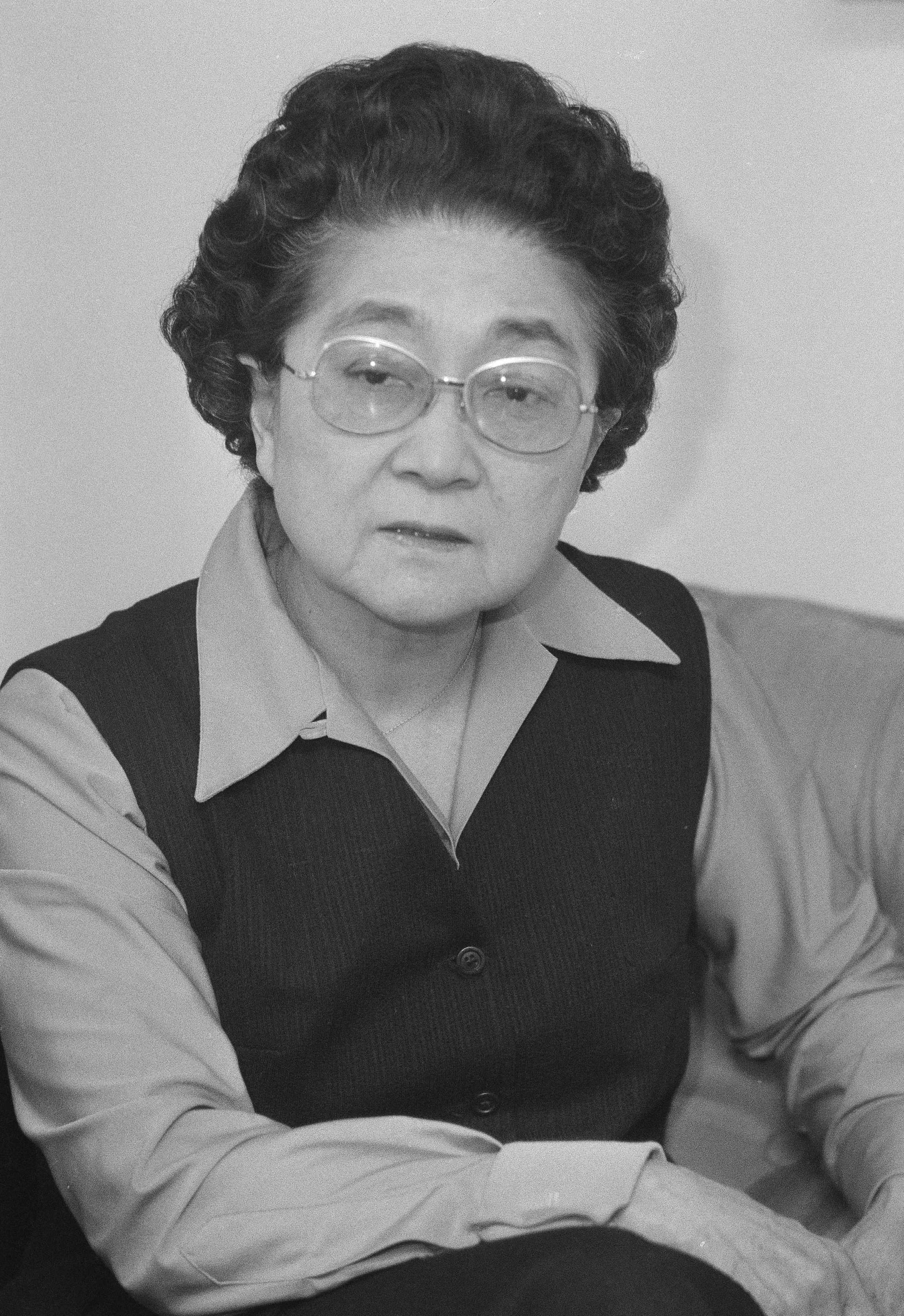Tokyo Rose was a name used by United States military personnel to describe women who broadcast in English over Japanese radio during World War II (1939-1945). The name became associated with one broadcaster in particular, Iva Toguri d’Aquino, when she was tried for treason in 1949.


The Japanese government created radio programs to weaken the morale of U.S. troops in the Pacific during World War II. The programs featured American music and English-speaking announcers. The broadcasts in which d’Aquino took part were called “Zero Hour.” They were meant to make U.S. personnel homesick and discouraged. But the broadcasts had little effect on morale.
Many of the broadcasters were women. United States troops called any of these women Tokyo Rose, though none of them actually used that name.
Iva Toguri d’Aquino was born on July 4, 1916, in Los Angeles. A U.S. citizen of Japanese ancestry, she became stranded in Tokyo when the war began. After the war, she was charged with treason for her broadcasts. Some reporters referred to her as Tokyo Rose. She was found guilty, served about six years in prison, and paid a $10,000 fine. However, many came to believe that she was wrongly convicted. In 1977, President Gerald R. Ford granted d’Aquino a full and unconditional pardon. D’Aquino died on Sept. 26, 2006.
